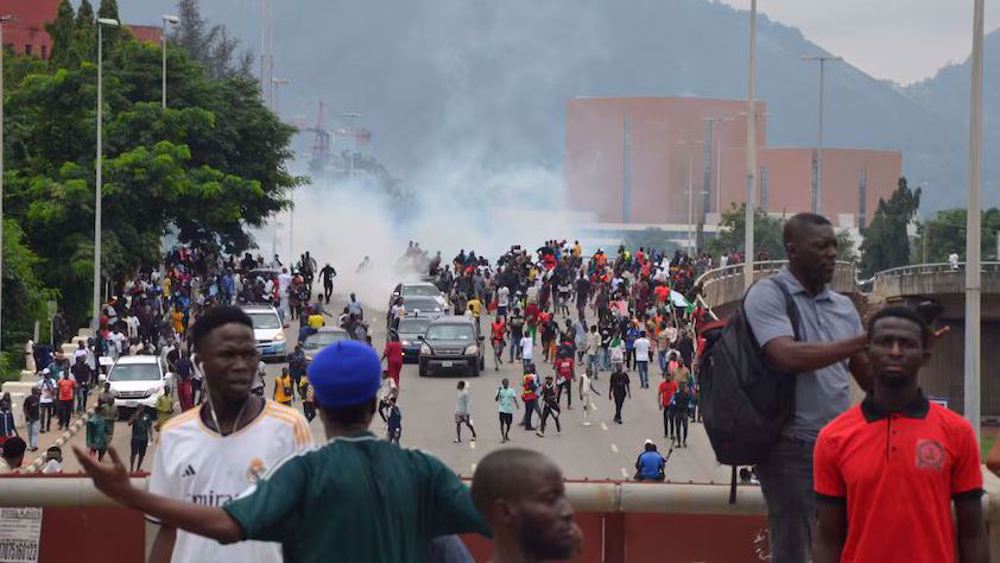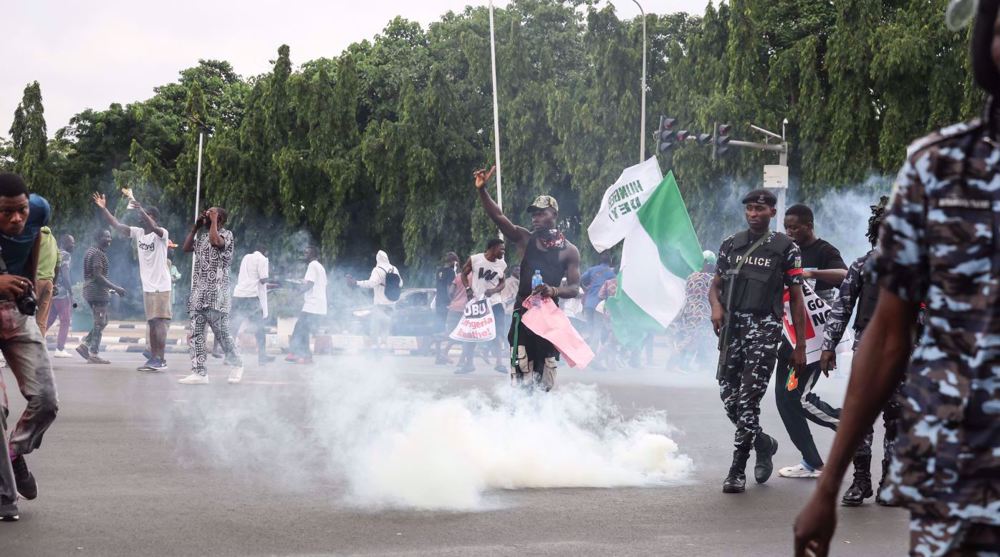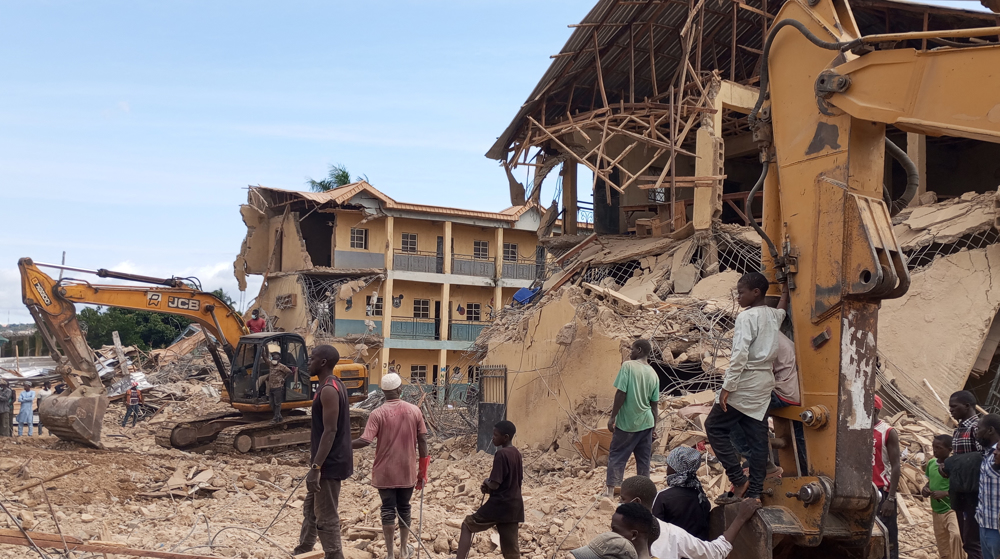UNICEF helps free 876 kids held by Nigeria for possible Boko Haram ties
The United Nations Children's Fund (UNICEF) has negotiated the release of scores of children held in detention by Nigerian government forces for their possible association with the Boko Haram Takfiri militants.
UNICEF's Manuel Fontaine said after visiting the capital city of the northeastern state of Borno on Friday that "876 children had been held in the barracks in Maiduguri."
It was not immediately clear how long they had been detained, but the army routinely keeps close tabs on civilians who have been living in areas that had been under the control of the militants on suspicion that they too might be linked to terrorist activities.
Rights groups say there is no proper legal process for such civilians, including the children, since they do not get formally charged and some end up in so-called rehabilitation centers, which the groups say have lots of resemblance to prisons.
The United Nations insists that children should not be kept in detention.
"We fear that there are still kids who are being at least temporarily detained because they are being released from Boko Haram areas by the army but then kept for a while," Fontaine, UNICEF'S regional director for Western and Central Africa, told reporters by telephone.
He gave no details of the ages of the children or how long they had been held at the barracks.
Meanwhile, despite the government's fight against the militants, the security situation remains volatile in Borno and its capital Maiduguri because Boko Haram still stages terrorist attacks and bombings, often using women or teenagers for the attacks.
Fontaine also said the conflict, which has killed thousands and displaced more than two million, had separated about 20,000 children from their parents, of which 5,000 had since been reunited with their families.
"Once we get children out, there is a major issue of stigmatization in the communities," Fontaine said. "There is a sense that children who have been associated with Boko Haram for a while, could be, and in some cases we have some evidence, are rejected by community and people around them."
This was also a problem for the girls freed from the town of Chibok, he said. Nigeria this month negotiated the release of 21 of more than 200 girls Boko Haram kidnapped in April 2014.
Boko Haram started its campaign of militancy in 2009 with the aim of toppling the central government in Nigeria.
The group has pledged allegiance to the Daesh Takfiri terrorists.
Israel admits assassinating Hamas leader, vows to inflict same fate on Yemeni fighters, people
VIDEO | Yemeni forces repel US-British attack, down F-18 Jet
Iran’s capabilities vast; enemy’s ‘maximum pressure’ policies all failed miserably: Senior official
Iran’s economy grew 2.7% y/y in Sep quarter: CBI
VIDEO | Freelancers in Gaza strive to stay online amid genocide
Mikati demands Israel's withdrawal from south Lebanon
Yemeni army strikes Israeli military sites with drones
‘Clock ticking’: UNRWA slams unjustifiable killing of children in Gaza










 This makes it easy to access the Press TV website
This makes it easy to access the Press TV website